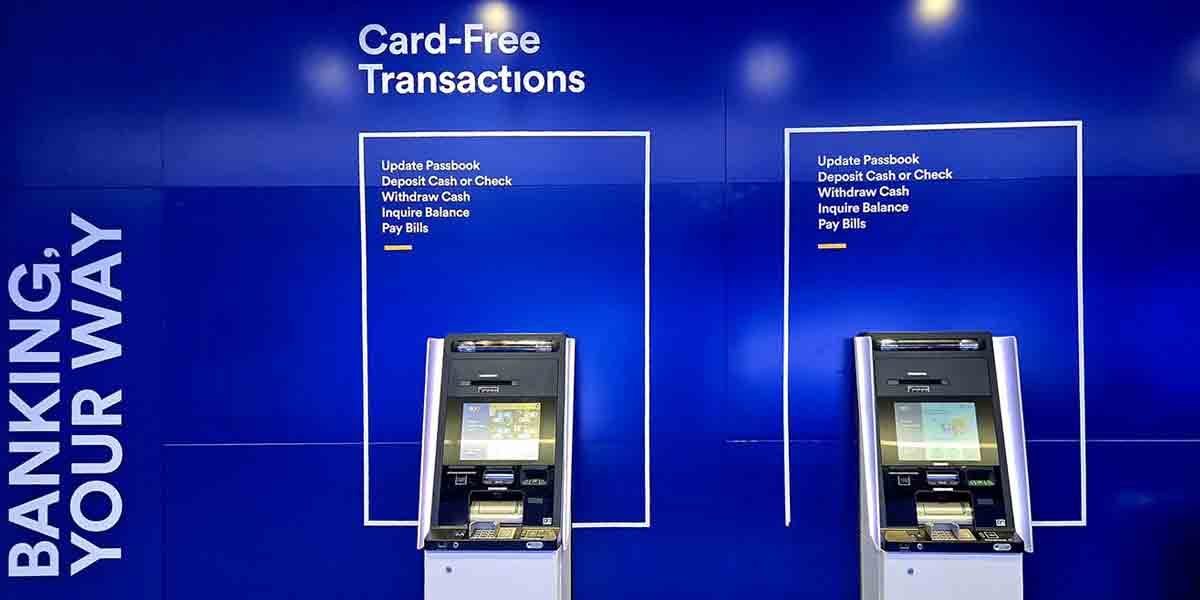The Bangko Sentral ng Pilipinas (BSP) has expressed strong support for the recently enacted Republic Act No. 12010, also known as the Anti-Financial Account Scamming Act (AFASA).
The law aims to combat financial cybercrimes, protect financial consumers, and maintain the integrity of the financial system.
“We express our full support for the new anti-financial account scamming law. This will help us strengthen consumer protection and foster trust and confidence in the Philippine financial system,” said BSP Governor Eli M. Remolona, Jr.
The AFASA, officially titled “An Act Defining and Penalizing Financial Account Scamming and Other Offenses, and Providing for the Enforcement Mechanisms Therefor,” criminalizes various financial crimes, including the use of money mules, social engineering schemes, and economic sabotage.
Key provisions of the law empower the BSP to investigate violations, apply for cybercrime warrants, and seek assistance from the National Bureau of Investigation (NBI) and the Philippine National Police (PNP) for case investigations.
Additionally, the BSP has limited authority to examine and investigate bank accounts, e-wallets, and other financial accounts involved in illegal activities.
The law also grants responsible institutions the power to hold disputed funds under certain conditions and mandates a coordinated verification process to validate such transactions.
AFASA places additional responsibilities on BSP-supervised institutions to implement robust risk and fraud management systems to protect their clients’ accounts.
Furthermore, the law calls for a collaborative effort among government agencies, banks, financial institutions, the private sector, and other stakeholders to ensure effective prosecution of cases and enforcement of the law.






















